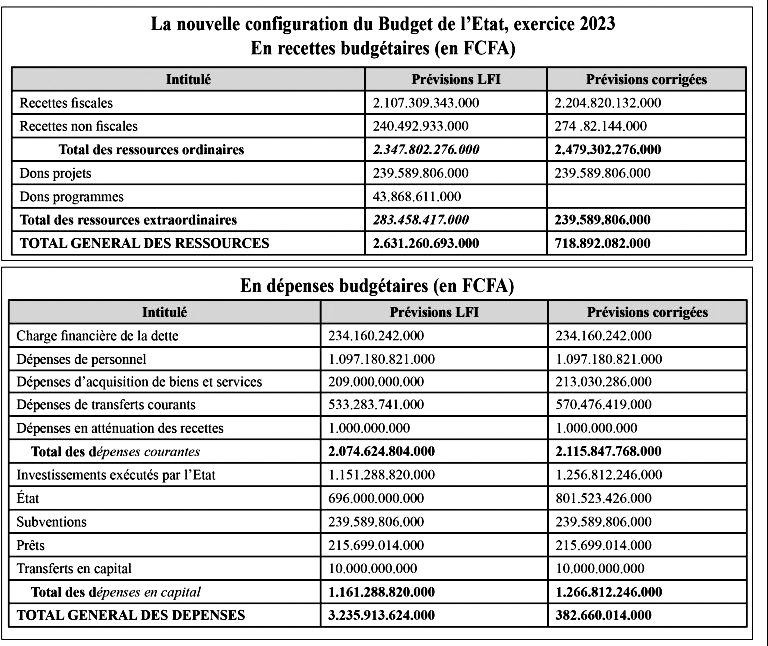December 1 is World AIDS Day. We regularly write about this problem, trying to show it from different sides. Today we have collected for you the most important texts about people living with HIV.
“I found out about the diagnosis when I was 11”: how children and adolescents with HIV live and why some of them stop taking medications
Our blogger Ekaterina Merkulova, director of the ANO “It’s Time to Help,” talks about how society’s attitude affects children with a diagnosis, and most importantly, their desire and ability to take therapy.
We learned about the diagnosis of our eldest child in the guardianship: I knew nothing at all about HIV then, I had to quickly study it. Now I have two children with positive status – they are 12 and 6 years old. The therapy is supervised either by me or other adult family members. The eldest son takes the drug once a day and remembers to take it himself, but still I cannot trust him with it 100%.
Read more
“Mom, do you have HIV?” A mother of many children with a positive status – about accepting the diagnosis and helping others
Elena Titina from Samara was diagnosed with HIV, the doctor said that she had no more than six years to live. More than 20 years have passed. Elena raised a son, gave birth to two daughters, founded her own foundation and advises women with positive status.
“On the walls of the local AIDS Center there were paintings in orange and red tones: two people walking into the distance through a scorched desert,” recalls Elena. “It was oppressive and frightening.” At her first appointment with the doctor, the heroine was so nervous that she doesn’t even remember what recommendations he gave. She only remembers that the specialist said that she had 5-6 years to live.
Read more
“In the maternity hospital, the wife was an outcast.” A father with many children with HIV – about accepting the diagnosis, family and upbringing
Monologue of Lipetsk resident Stanislav, who became infected with HIV 20 years ago and thought that he did not have long to live. But then he found the strength to undergo rehabilitation and start taking therapy. Now, together with his wife, Stanislav is raising five children.
In 2006, I realized that I was scared, scared to die. I ended up in a rehabilitation center in Lipetsk – they get rid of addiction there, including through religion. I fought with myself, I really wanted to live. I remember moments of freedom when I didn’t even want to smoke tobacco.
Read more
How to live, give birth, study and work with an HIV diagnosis. And (not) talk about it
A girl who has been living with HIV for eight years anonymously told Sofya Avdyukhina about why an HIV diagnosis is not about “lying down and dying.”
I easily tell my friends about my diagnosis, but not just acquaintances. Every person has personal information that does not need to be rattled around on every corner. We do not have a free and open attitude towards people with HIV. So you need to understand the difference between honesty and stupidity.
My parents don’t know about the diagnosis. They believe that this disease is easily transmitted: through saliva, the toilet, that is, in everyday life. When I had hepatitis, they gave me a personal plate, my toothbrush was kept separate, and after every visit to the bathroom I washed it completely. This happened for two years.
Read more
The story of Nkosi Johnson – a boy with HIV who, even dying, fought for the lives of other people
The story of a South African boy named Nkosi Johnson, who lived only 12 years. But during this time he managed to change almost the entire world.
That same year the boy went to school for the first time. But even this event became a real test for his family. When submitting documents, the questionnaire asked: “Does the child have any diseases?” The adoptive mother answered honestly – Johnson has HIV.
This, of course, greatly strained the administration of a primary school in the suburbs of Johannesburg. Many questions arose for the family. Whether or not to admit the boy to an educational institution was decided by voting, in which only teachers could participate. Opinions were split down the middle. Those who thought that the boy could not study next to healthy children were rather frightened: due to low awareness of the disease, they did not know what to expect. Also, since the boy’s physical condition was deteriorating, he had to constantly take large quantities of antiretroviral drugs. Nobody wanted to take on extra responsibility. The child was not taken to school.
Read more
2023-11-30 21:20:53
#parents #dont #diagnosis #stories #children #adults #living #HIV

